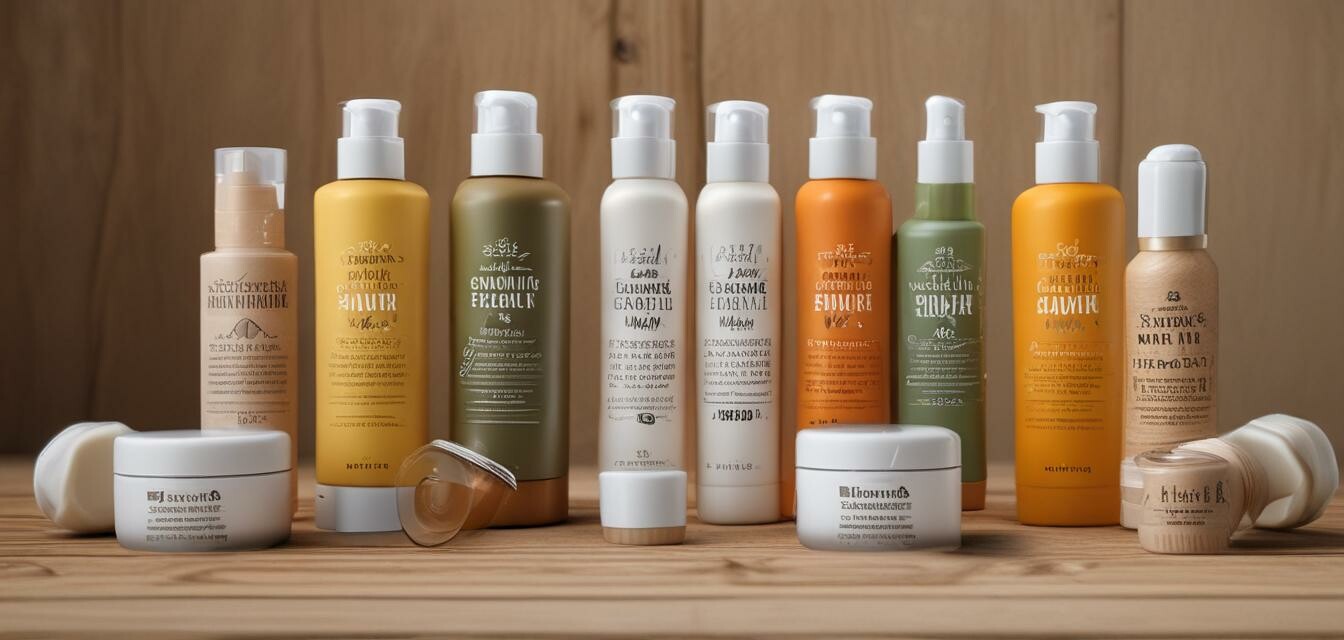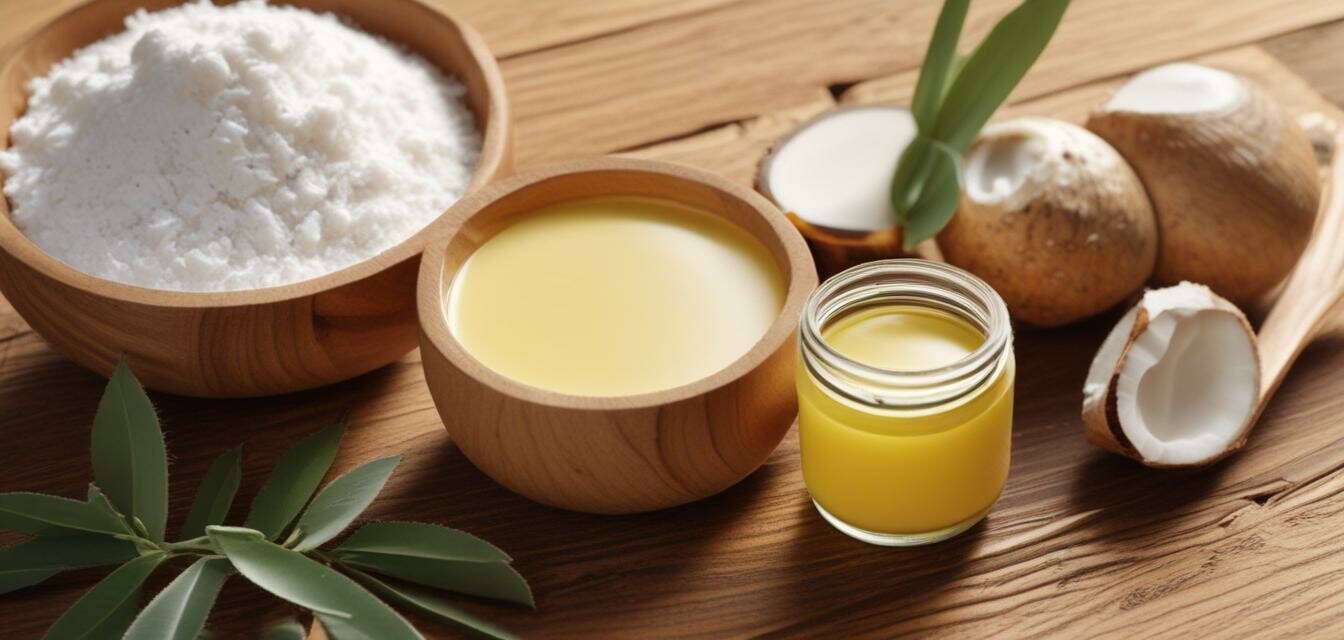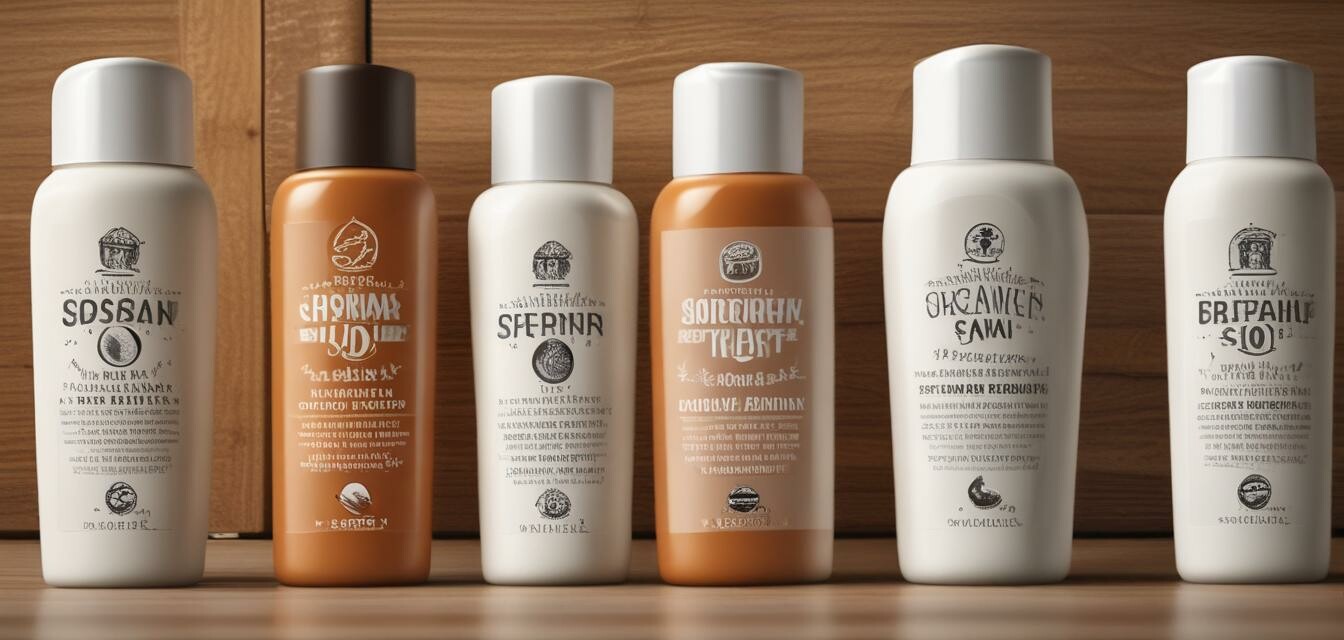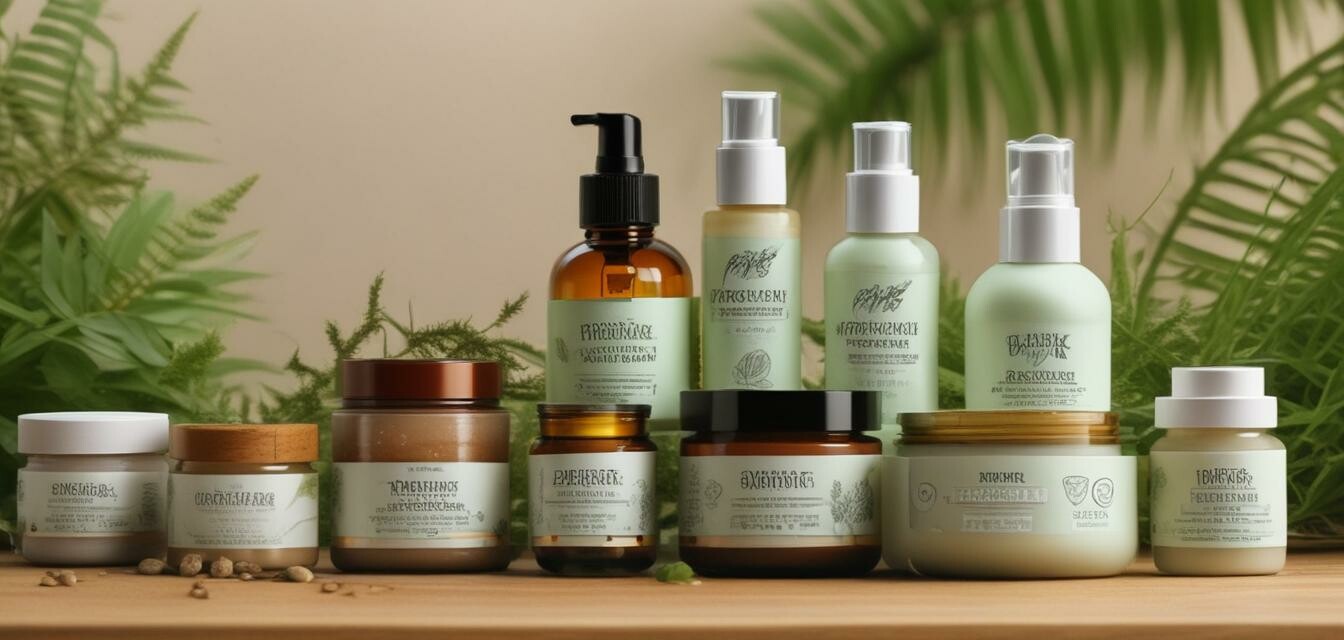
Organic Sunscreens: Protecting Your Skin Naturally
As we spend more time outdoors, protecting our skin from the harsh effects of the sun becomes crucial. Organic sunscreens have become increasingly popular as a safer, more natural alternative to traditional chemical-based sunscreens. In this article, we'll dive into the importance of organic sunscreens, the various types available, and how to choose the right one for your skin type and climate.
Key Takeaways
- Organic sunscreens use natural ingredients to provide broad-spectrum protection
- Look for certifications like EWG Verified and NATRUE to ensure authenticity
- Choose sunscreens that cater to your skin type and climate
- Apply sunscreen liberally and reapply every 2 hours or immediately after swimming or sweating
Why Organic Sunscreens Matter
Traditional sunscreens often contain harsh chemicals like oxybenzone and avobenzone, which can cause skin irritation, allergic reactions, and even hormone disruption. Organic sunscreens, on the other hand, use natural ingredients that not only protect your skin from the sun but also nourish and moisturize it.
Some of the benefits of using organic sunscreens include:
- Reduced risk of skin irritation and allergic reactions
- Non-comedogenic and hypoallergenic, making them suitable for sensitive skin
- Natural ingredients provide antioxidant benefits and moisturize the skin
- Environmentally friendly and sustainable
Types of Organic Sunscreens
Organic sunscreens come in various textures and formulations, catering to different skin types and preferences. Here are some common types:
| Type | Description | Suitable for |
|---|---|---|
| Lotions | Moisturizing and lightweight, perfect for daily use | |
| Creams | Rich and nourishing, ideal for dry or sensitive skin | Dry to very dry skin |
| Sticks | Convenient and portable, great for on-the-go applications | All skin types, especially for spot treatments |
| Sprays | Easy to apply and perfect for hard-to-reach areas | All skin types, especially for active individuals |
Choosing the Right Organic Sunscreen
When selecting an organic sunscreen, consider the following factors:
- Skin type: Look for sunscreens labeled as suitable for your skin type (normal, dry, oily, or sensitive)
- Climate: If you live in a hot and humid climate, opt for water-resistant and sweat-resistant sunscreens
- Certifications: Check for certifications like EWG Verified and NATRUE to ensure the product meets strict organic standards
- SPF: Choose a sunscreen with an SPF of at least 30 for adequate protection

Popular Organic Sunscreen Ingredients
Some common organic sunscreen ingredients include:
- Zinc oxide: A physical sunblock that provides broad-spectrum protection
- Coconut oil: Moisturizes and nourishes the skin while providing antioxidant benefits
- Shea butter: Hydrates and protects the skin with its rich emollient properties
- Green tea: Rich in antioxidants, which help neutralize free radicals caused by UV exposure

Beginners Section
New to organic sunscreens? Start with these simple tips:
- Apply sunscreen liberally 15-30 minutes before going outdoors
- Reapply every 2 hours or immediately after swimming or sweating
- Use a lip balm with SPF to protect your lips
- Wear protective clothing, hats, and sunglasses for added protection

Popular Organic Sunscreen Brands
Some popular organic sunscreen brands include:
Pros
- Natural ingredients provide broad-spectrum protection
- Environmentally friendly and sustainable
- Suitable for sensitive skin and children
- Moisturizes and nourishes the skin
Cons
- May be more expensive than traditional sunscreens
- Some organic sunscreens may not be as effective as chemical-based ones
- May not be as widely available as traditional sunscreens
By choosing an organic sunscreen, you're not only protecting your skin from the sun but also supporting a more natural and sustainable approach to skincare. Remember to always read labels, choose a sunscreen that suits your skin type and climate, and apply it liberally for optimal protection.
For more information on organic sunscreens and skincare, explore our Sunscreens & Sun Care section or check out our guides on Moisturizers & Serums and Exfoliators & Masks.











